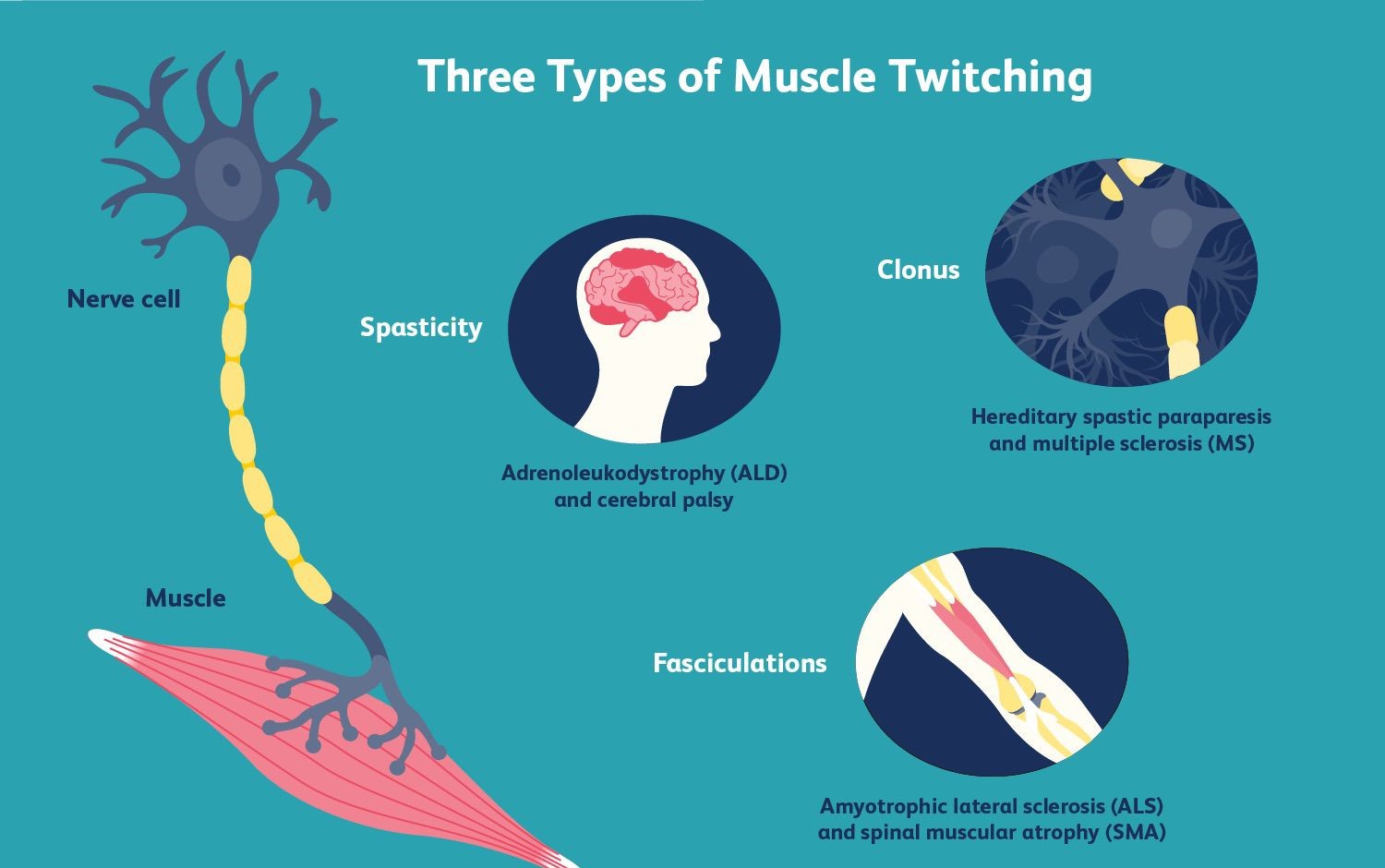A nurse is collecting data on a patient who is experiencing oxygen toxicity.
What symptoms should the nurse anticipate?
Muscle twitching
Redness of the face
Swelling around the eyes
A metallic taste in the mouth
The Correct Answer is A
Choice A rationale:
Muscle twitching is a symptom of oxygen toxicity. Oxygen toxicity is a condition resulting from the harmful effects of breathing molecular oxygen (O2) at increased partial pressures. Severe cases can result in cell damage and death, with effects most often seen in the central nervous system, lungs, and eyes. Central nervous system symptoms can include muscle twitching.

Choice B rationale:
Redness of the face is not typically associated with oxygen toxicity. Oxygen toxicity primarily affects the central nervous system, lungs, and eyes. It does not typically cause redness of the face.
Choice C rationale:
Swelling around the eyes is not a common symptom of oxygen toxicity. The primary effects of oxygen toxicity are seen in the central nervous system, lungs, and eyes. However, this does not typically manifest as swelling around the eyes.
Choice D rationale:
A metallic taste in the mouth is not a known symptom of oxygen toxicity. Oxygen toxicity is a condition that results from the harmful effects of breathing molecular oxygen (O2) at increased partial pressures. It primarily affects the central nervous system, lungs, and eyes, but a metallic taste in the mouth is not a recognized symptom.
Nursing Test Bank
Naxlex Comprehensive Predictor Exams
Related Questions
Correct Answer is B
Explanation
Choice A rationale:
Requesting a prescription for a stool softener from the provider could be a potential solution, but it’s not the first step. Medications should be considered when lifestyle modifications and dietary changes are not effective.
Choice B rationale:
Incorporating more fluids and fiber into the patient’s diet is the most appropriate action. Constipation in older adults can be caused by dehydration and not eating enough. Dietary fiber adds bulk to the diet and is capable of absorbing water, which helps to soften the stool and promote regular bowel movements. Therefore, increasing fluid and fiber intake is often the first step in managing constipation.
Choice C rationale:
Encouraging the patient to engage in active range-of-motion exercises might not directly alleviate constipation. While physical activity is generally beneficial for overall health, increased exercise does not improve symptoms of constipation in nursing home residents or older adults.
Choice D rationale:
Advising the patient to avoid foods that cause gas might help if the patient has bloating or gas, but it won’t necessarily address the issue of constipation. The focus should be on increasing fiber and fluid intake.
Correct Answer is A
Explanation
The correct answer is Choice A: Don sterile gloves before inserting the indwelling urinary catheter.
Choice A rationale:
Donning sterile gloves is crucial to prevent infection during the insertion of an indwelling urinary catheter. Maintaining aseptic technique is essential to avoid introducing pathogens into the urinary tract.
Choice B rationale:
Applying an oil-based lubricant to the catheter is not recommended as it can interfere with the sterility of the procedure and potentially cause irritation or infection.
Choice C rationale:
Testing the balloon before insertion is important, but it is not the first step in the process. The priority is to ensure that the nurse is using sterile gloves to maintain aseptic technique.
Choice D rationale:
Using one cotton swab to clean the patient’s urinary meatus is not sufficient for proper aseptic technique. The area should be cleaned thoroughly with appropriate antiseptic solutions and sterile supplies.
Whether you are a student looking to ace your exams or a practicing nurse seeking to enhance your expertise , our nursing education contents will empower you with the confidence and competence to make a difference in the lives of patients and become a respected leader in the healthcare field.
Visit Naxlex, invest in your future and unlock endless possibilities with our unparalleled nursing education contents today
Report Wrong Answer on the Current Question
Do you disagree with the answer? If yes, what is your expected answer? Explain.
Kindly be descriptive with the issue you are facing.
